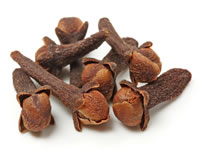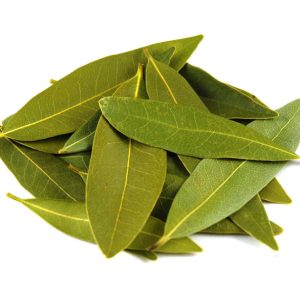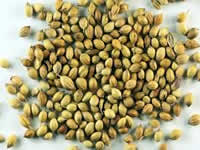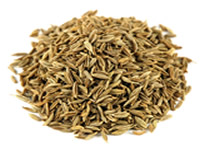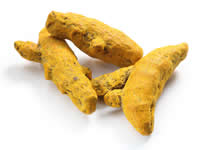Description
- Cloves are best known as a sweet and aromatic spice
- Cloves contain fiber, vitamins, and minerals, so using whole or ground cloves to add flavor to your food can provide some important nutrients.
- Cloves are low in calories but a rich source of manganese. They’re otherwise an insignificant source of nutrients.
In Indian cuisine, cinnamon and cloves are used together. Clove is a strong spice, just 2 or 3 in a dish gives a perceptible flavor. Cloves burn faster than cinnamon and should always be put after cinnamon. Clove oil is heavily used in perfumes, cosmetics, mouthwashes, and toothpaste. Dentists still use clove oil as a mild anesthetizer.

